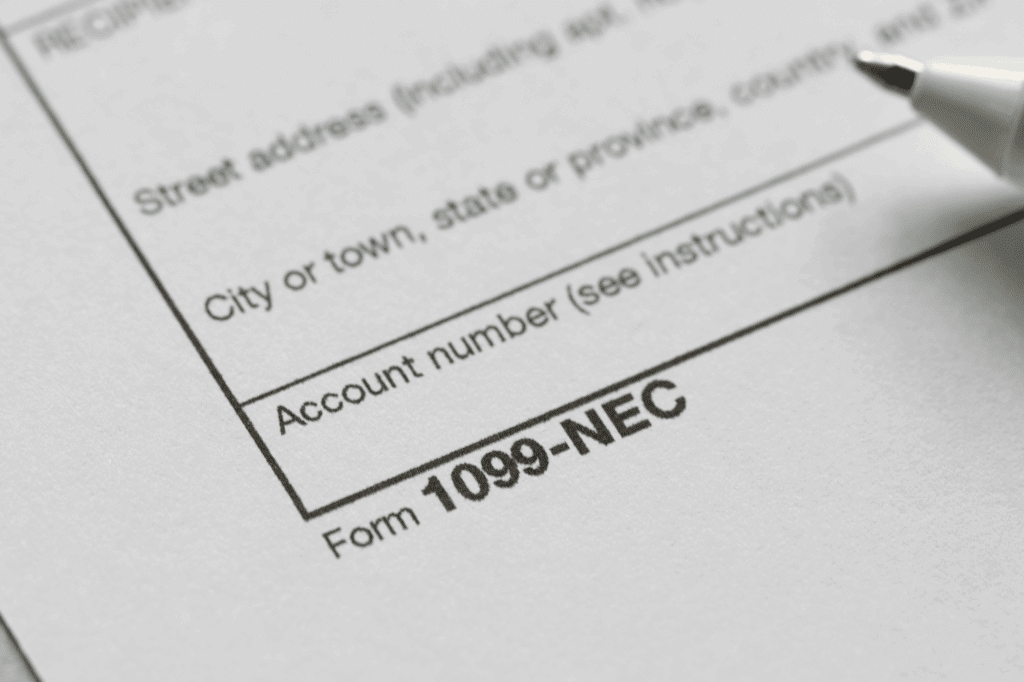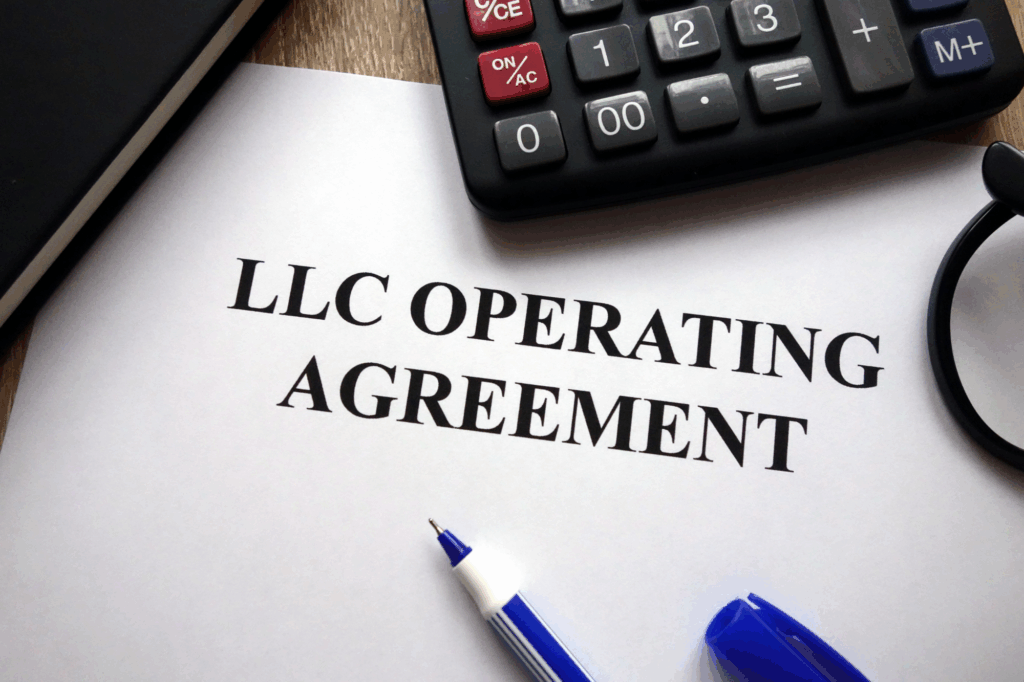Are you navigating the blurry waters of tax reporting for your online sales and business? The IRS has recently changed the Form 1099-K reporting thresholds, and it’s essential to know if and how these changes may affect you.
What is Form 1099-K?
If you’ve received payments for goods or services over the past year, there’s a good chance you’ll encounter Form 1099-K during tax season. This form summarizes the payments you’ve received through various channels, including credit cards, debit cards, and even those convenient stored value cards like gift cards, all of which fall under the umbrella of payment cards. It also covers transactions made through payment apps or online marketplaces (like Amazon or Etsy), which are often grouped as third-party settlement organizations (TPSOs).
Who Files Form 1099-K?
The filing requirement for 1099-K lies on payment card companies, payment apps, and online marketplaces such as Amazon or PayPal. These companies must file Form 1099-K to the IRS annually and provide you with a copy by January 31. This process ensures that the IRS has a record of the electronic transactions that could constitute taxable income for you.
Who Will Receive Form 1099-K?
If you receive direct payments via credit, debit, or gift cards for selling goods or providing services, the payment processor or settlement entity will issue a Form 1099-K, regardless of the number or amount of payments received. Alternatively, if you use a payment app or online marketplace and your earnings surpass the threshold designated by the IRS, Form 1099-K will also be issued and sent to you. Even if the transactions are below these thresholds, you might still receive a Form 1099-K. It’s crucial to remember that irrespective of receiving this form, all income must be declared on your tax return.
What is Reporting Threshold?
The reporting threshold is $20,000 in payments from over 200 transactions for goods or services. If you’re active on multiple platforms, be prepared to receive a Form 1099-K from each one where your transactions meet the reporting criteria.
American Rescue Plan Act of 2021 aims to lower this reporting threshold for third-party settlement organizations to $600 to avoid tax evasion and impose further surveillance. However, following the feedback from taxpayers, tax professionals, and payment processors, the IRS announced a delay in implementing this change for the 2022 and 2023 tax years to reduce taxpayer confusion. Due to the intricacies of the new provision and the significant impact on individual taxpayers, the IRS is now preparing for a threshold of $5,000 for the upcoming tax year 2024. This is a transitional phase before fully implementing the $600 reporting threshold. The idea is to ease into the new requirements to address taxpayer and stakeholder concerns better.
But don’t be surprised if you still receive a Form 1099-K for amounts less than $20,000; some organizations may send these out anyway.
What Counts and What Doesn’t
The core principles of tax law have remained the same: all income is taxable unless expressly excluded by law. So, even if you don’t receive a Form 1099-K, you’re still responsible for reporting your income on your tax return.
It’s also crucial to understand that not all transactions reported through payment apps and online marketplaces are taxable income and reportable. Money received from family and friends, such as for a birthday gift or your share of last weekend’s dinner, does not belong on Form 1099-K. These personal transfers are not considered income by the IRS and, thus, are not subject to taxation.
Consequently, the mere fact that a payment appears on Form 1099-K does not automatically make it taxable. Maintaining thorough bookkeeping is crucial; it supports the income and any deductible expenses you claim on your tax return.
How Does It Affect My Business?
The platform or application you utilized will forward two copies of your 1099-K details. One is designated to be used in your tax preparation, while the other serves as a record submitted to the IRS documenting the transactions. It is essential to report all received income on the tax return, which may involve the gross payment amount from Form 1099-K and figures from other reporting documents. The tax return to be filed depends on the types of items sold since personal items and other income are reported via different forms.
The Consequences of Failure to Report the Income on Form 1099-K
Failure to report the taxable amount indicated on Form 1099-K may result in the IRS issuing a notice for potential tax assessment and could trigger a tax return audit. The IRS can also impose tax liabilities, penalties, and interests in such cases. Maintaining accurate and organized financial records, including income, deductible expenses, and property basis, is crucial. Additionally, when receiving payments from TPSOs, it is vital to verify that the payor correctly designates the payment as either “Goods and Services” or “Friends and Family” to ensure accurate reporting.
How Can Clemta Help You?
As your trusted partner, Clemta can assist you with filing your tax returns in line with the Form 1099-K you received. You should keep track of those forms to file your tax appropriately. At Clemta, we can free you from stress by keeping your books monthly and enabling flawless tax filing so that you can continue your business worry-free. If you receive the wrong 1099-K Forms, Clemta will also help you contact the processor to resolve the situation. We will handle all the paperwork, while you focus on growing your business.
FREQUENTLY ASKED QUESTIONS
1. When is Form 1099-K issued?
Your platform will send your 1099-K by January 31 every year, including all transactions conducted in the preceding tax year. You might receive the 1099-K electronically or through postal mail, depending on the platform’s choices.
2. Will I pay taxes on 1099-K? Are there exempt payments?
The answer to this question depends on the reason you received form 1099-K. Payments received from friends and family for personal purposes, either as gifts or reimbursements for personal expenses, do not need to be disclosed on a Form 1099-K. Such payments are not considered taxable income.
3. What Should I Do If I Get a 1099-K When I Shouldn’t Have?
If you mistakenly receive a Form 1099-K or receive the form twice, take immediate action by contacting the issuer using the information on the form. Request a corrected Form 1099-K with a zero amount and retain copies of the original form and any correspondence for your records. Keep in mind that you still have to file your taxes accurately.
4. What Should I Do if the Information on Form 1099-K is Wrong?
The form may include inaccuracies in the Payee Taxpayer Identification Number (TIN) or gross payment amount. If this is the case, you need to request a corrected form from the issuer. Contacting the IRS may not be helpful, as they cannot update your Form 1099-K.







